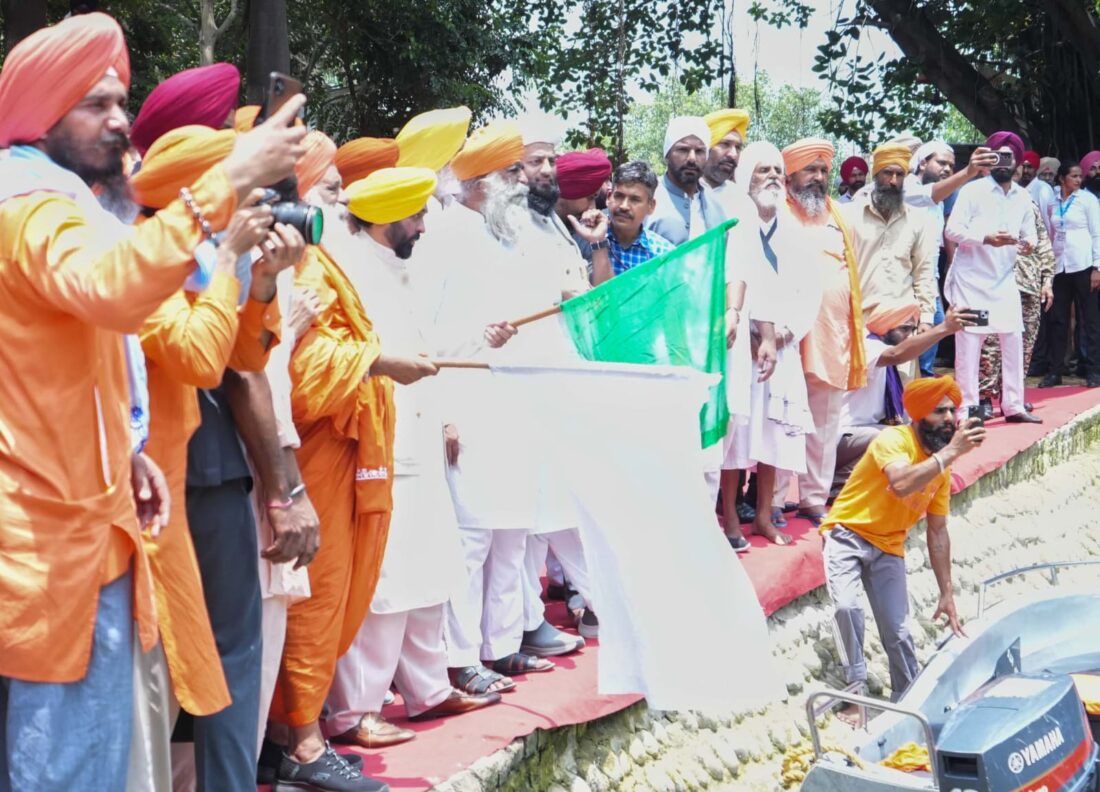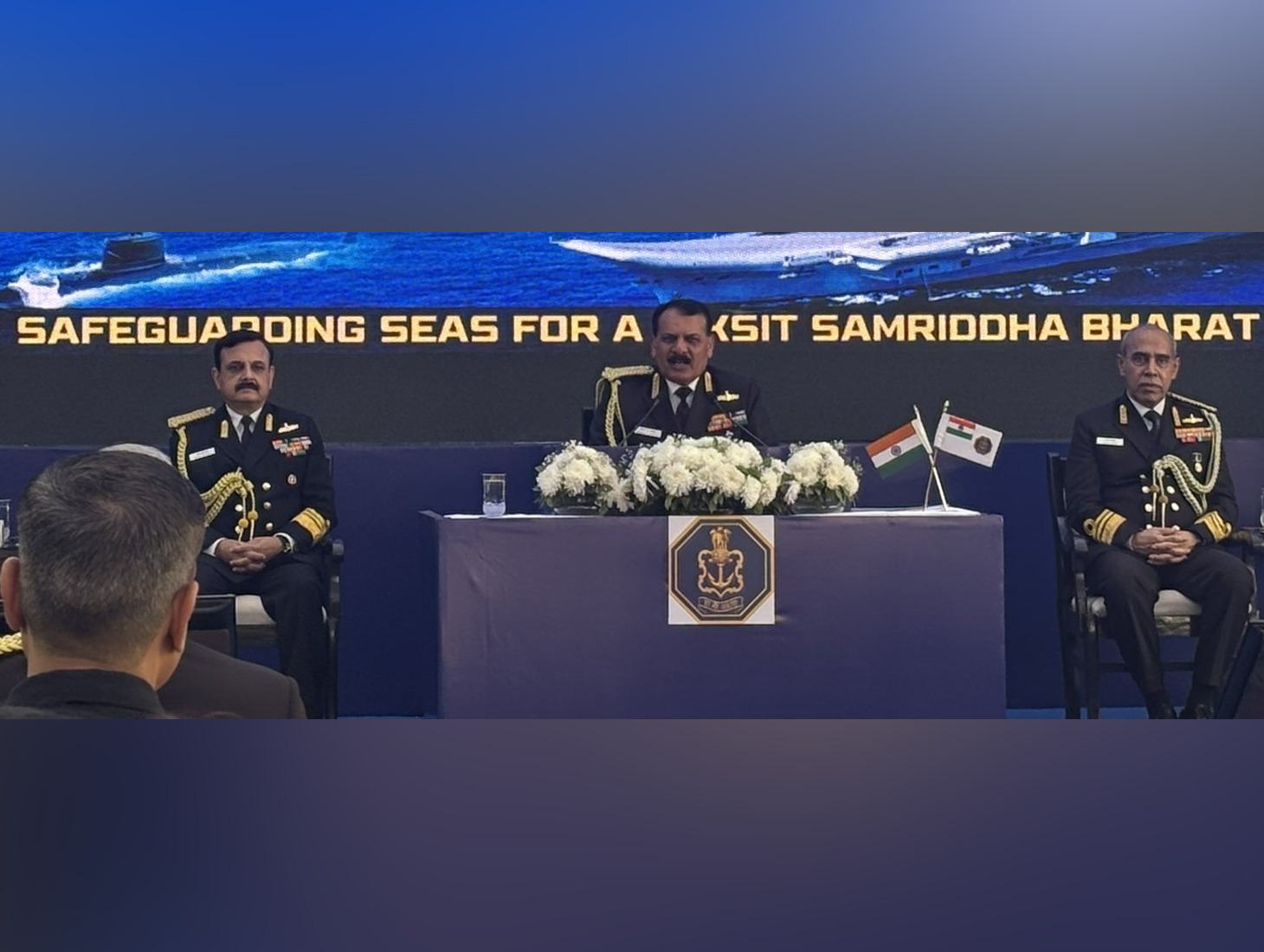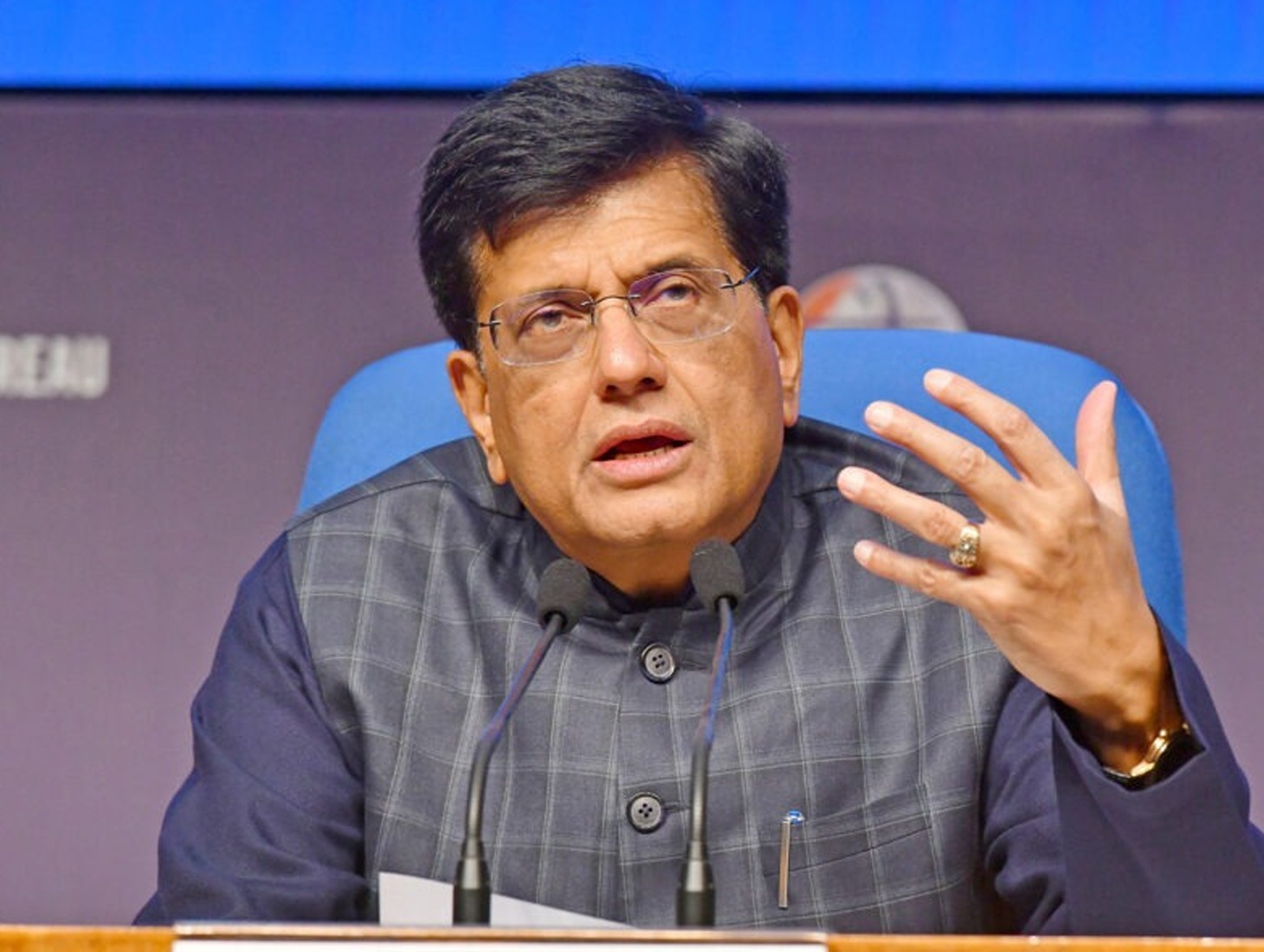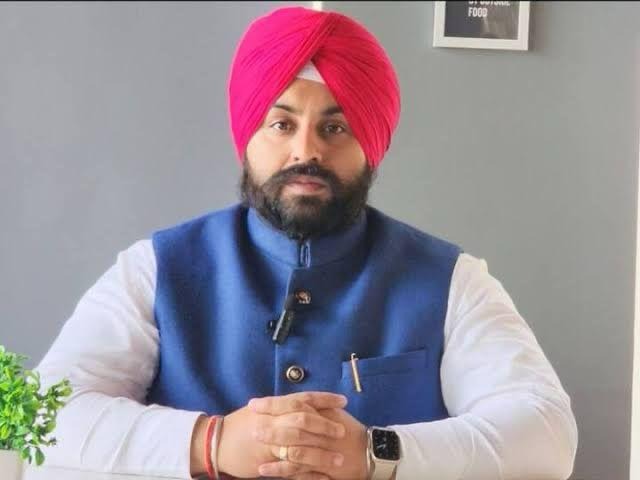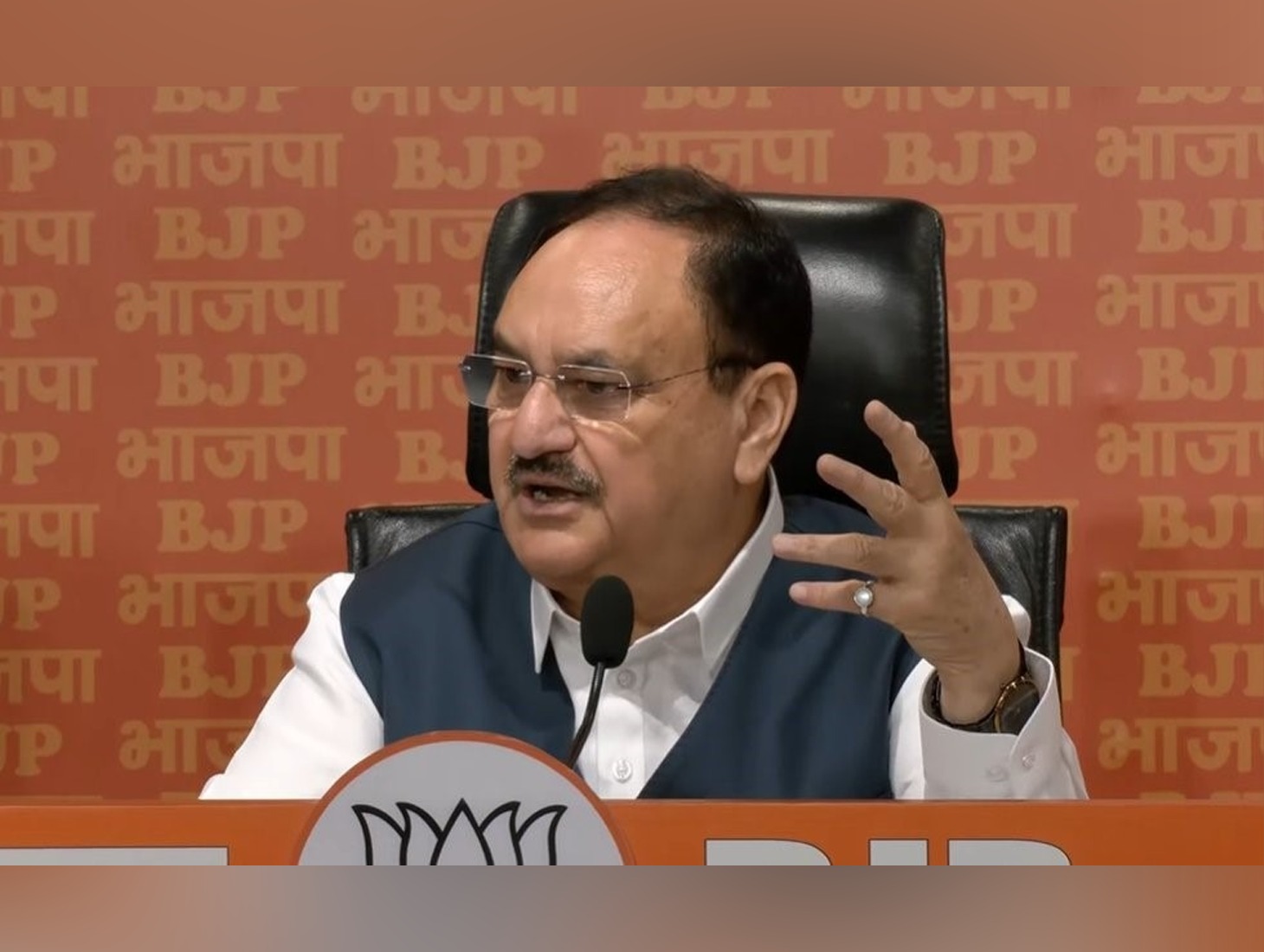The North News
Chandigarh, July 16
Punjab Chief Minister Bhagwant Singh Mann on Wednesday issued a clarion call for citizens to unite in defence of the state’s depleting groundwater and fragile environment, warning of an intensifying ecological crisis in the land of rivers. Speaking at a ceremony commemorating 25 years since the start of the cleaning of the sacred Kali Bein river, CM Mann painted a stark picture of the damage done to Punjab’s natural resources. He described environmental degradation as a betrayal of the values embedded in Sikh teachings and urged the people of the state to commit to sustainable living and ecological stewardship.
“Punjab may be known for its rivers, but the truth is we are in a water emergency,” Mann said, addressing a packed gathering in the historic town of Sultanpur Lodhi. “Only through public will and collective responsibility can we halt this slide, ” he added.
Since taking office, Chief Minister Mann said, his administration had restored over 15,900 irrigation channels, improving canal water utilisation from just 21% to 63%. But he insisted that policy alone would not suffice and called for a people’s movement grounded in the wisdom of Gurbani — specifically invoking the line, “Pavan Guru, Paani Pitaah, Mata Dharat Mahat,” to illustrate the spiritual importance of protecting air, water, and soil.
The Chief Minister’s remarks came as he paid tribute to environmental crusader and Rajya Sabha MP Sant Baba Balbir Singh Seechewal, who began the volunteer-led revival of the 165-kilometre-long Kali Bein in 2000. That effort, Mann said, had since become “a golden chapter in environmental history.”
Seechewal’s nomination to the upper house of Parliament in 2022, Mann added, was a recognition of the need for grassroots voices in policymaking — especially as the state now turns its attention to the rehabilitation of Buddha Dariya, another polluted water body.
The CM used the occasion not only to speak about the environment but also to spotlight a range of initiatives his government is spearheading. He highlighted the Mukh Mantri Sehat Yojna, a state-wide scheme offering cashless medical care worth ₹10 lakh to every household, calling it a “landmark” in Indian healthcare delivery.
Mann also addressed the “deep scars” left by drug abuse across Punjab. His government’s anti-narcotics campaign, Yudh Nasheyan De Virudh, he said, was showing results, with village councils now formally declaring themselves drug-free zones. He emphasised that a comprehensive approach — including arrests, asset seizures, and rehabilitation — was being deployed to fight the menace.
On the legislative front, Mann pointed to the introduction of the Punjab Prevention of Crime Against Religious Scriptures Bill, 2025, as evidence of his government’s determination to prevent sacrilege — a sensitive issue that has sparked unrest and political conflict since 2016. “This land of saints and seers has always stood for peace and unity,” Mann said. “We will not allow divisive forces to tear apart the fabric of Punjab.”
He closed with a pledge to complete ongoing infrastructure projects in Sultanpur Lodhi, the town where Guru Nanak first recited the Mool Mantar and where he lived for 14 years. For Mann, the 25th anniversary of the Kali Bein revival was not merely commemorative — it was a call to action.












